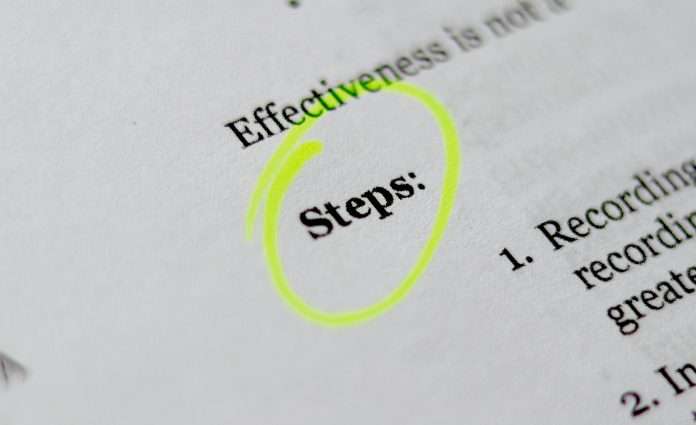With the introduction of the Corporate Sustainability Reporting Directive (CSRD), companies are now required to disclose their sustainability performance. However, the European Financial Reporting Advisory Group (EFRAG) has acknowledged the challenges faced by small and medium-sized enterprises (SMEs) in meeting these requirements due to their limited resources.
To address this, EFRAG has developed a simplified version of the European Sustainability Reporting Standards (ESRS) tailored for SMEs, taking into account their unique needs and capabilities.
Greenomy, an AI-powered sustainability reporting platform, recently explained what SMEs need to know about ESRS.
The ESRS LSME Exposure Draft is set to be published for public consultation in January 2024, with the final technical advice expected by November 2024.
As part of the CSRD, the ESRS aim to provide a unified framework for ESG reporting, which includes 12 areas grouped into four categories. This framework facilitates easier comparison of sustainability performance for investors and other stakeholders.
The need for these standards is clear, as ESG reporting becomes increasingly vital for the competitiveness and trustworthiness of SMEs. Not only does this align SMEs with global trends, but it also allows them to contribute to broader sustainable business practices, given that SMEs make up a significant portion of the global economy.
Listed SMEs, or LSMEs, that fall within the CSRD scope are required to adhere to the simplified ESRS. The European Commission’s recent update to the thresholds for company size means that more SMEs will be eligible to report under these standards from January 2024. However, listed micro-enterprises remain exempt.
While the exact number of SMEs that will need to comply with the new criteria is not yet known, estimates based on the previous thresholds suggested a substantial number across Europe. The update is expected to reduce the number of SMEs required to report under the CSRD by approximately 8,000, exempting 16% of the previously included SMEs.
In addition to mandatory reporting, SMEs have the option to voluntarily disclose their sustainability efforts. The European Commission plans to introduce a simple and standardized reporting methodology for these voluntary disclosures, known as the SME Relief Package. This, along with other emerging frameworks, offers SMEs a range of choices for their ESG reporting.
The simplified ESRS for LSMEs will be a standalone document, based on the ESRS for larger undertakings, but appropriately amended to cater to SMEs’ needs. This approach maintains the same general principles but adapts the specific requirements based on feedback from stakeholders and expert groups.
EFRAG has provided an extended timeline for SMEs to prepare for CSRD compliance, with mandatory reporting starting in 2027 for data from the 2026 financial year. However, SMEs have the option to delay reporting until 2029. The simplified ESRS focuses on material impacts and risks, with opportunities for reporting remaining voluntary.
For more details about the upcoming regulation, read the full story here.
Keep up with all the latest FinTech news here.
Copyright © 2023 FinTech Global











